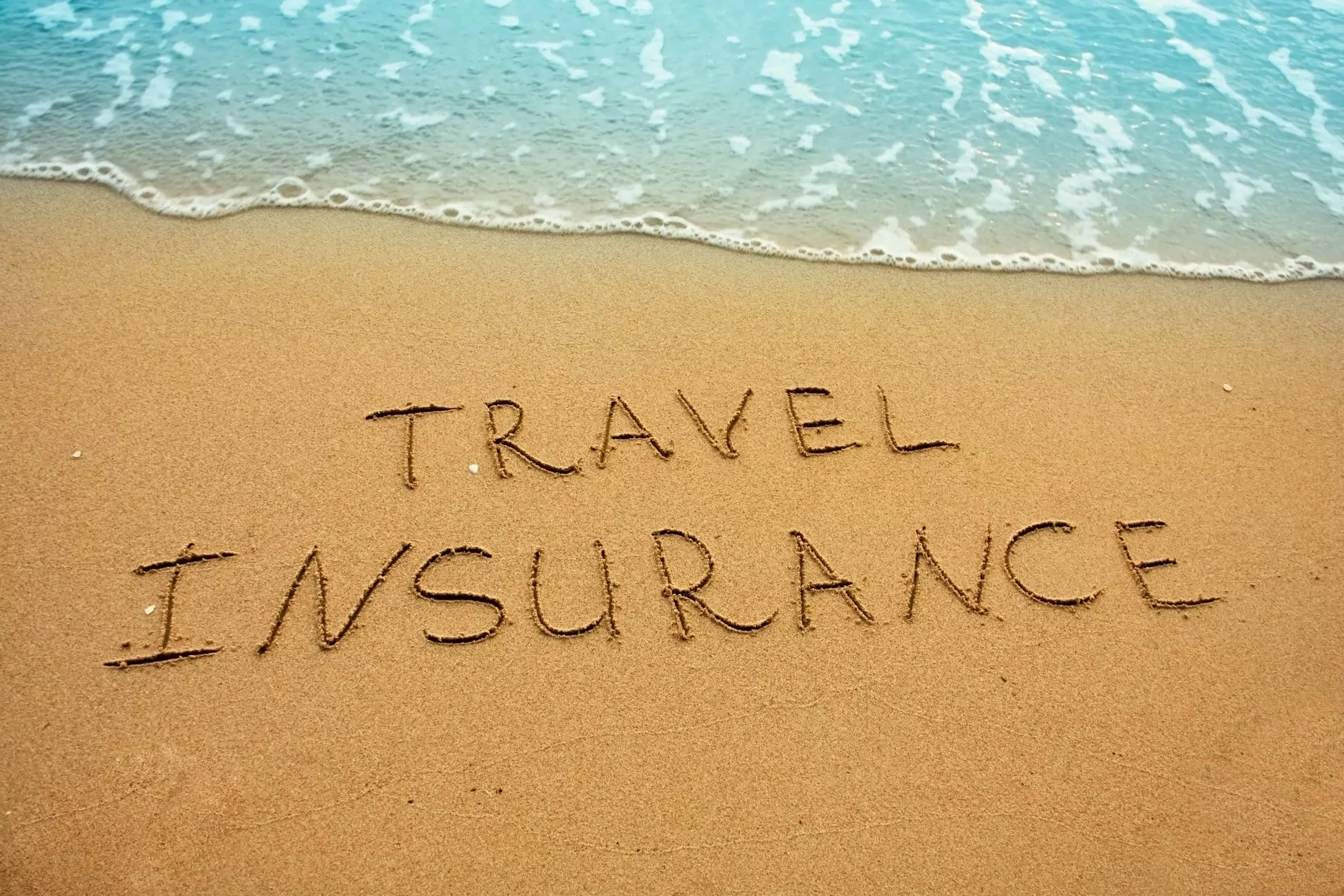Traveling is an exciting adventure, but it also comes with its share of risks. Whether you’re planning a relaxing beach vacation or an adventurous trip abroad, having the right travel insurance is essential. It provides peace of mind and financial protection against unexpected events such as medical emergencies, trip cancellations, lost luggage, and more. But how much travel insurance do you really need? In this comprehensive guide, we will explore the recommended amount of travel insurance for different types of travelers and trips.
Why Travel Insurance Is Important
Financial Protection
Travel insurance provides financial protection against unforeseen events that can disrupt your trip and lead to significant expenses.
Medical Emergencies
Medical emergencies abroad can be costly. Travel insurance covers medical expenses, ensuring you receive necessary care without financial strain.
Trip Cancellations and Interruptions
Unforeseen circumstances, such as illness or natural disasters, can force you to cancel or interrupt your trip. Travel insurance reimburses non-refundable expenses.
Lost or Stolen Baggage
Travel insurance covers the cost of replacing lost or stolen luggage and personal belongings, helping you recover quickly.
Peace of Mind
Knowing you are covered in case of emergencies allows you to relax and enjoy your trip with peace of mind.
Determining the Right Amount of Travel Insurance
Consider Your Destination
Different destinations have different risks and costs associated with them. Consider the following factors:
Healthcare Costs: In some countries, medical care can be very expensive.
Travel Risks: Consider the safety and stability of your destination.
Activities Planned: Riskier activities may require additional coverage.
Evaluate Your Trip Cost
Calculate the total cost of your trip, including flights, accommodations, activities, and non-refundable expenses. This helps determine the amount of trip cancellation and interruption coverage you need.
Assess Your Health Needs
Consider your health and any pre-existing conditions. Ensure your policy covers medical emergencies and related expenses.
Check Existing Coverage
Review any existing insurance policies, such as health insurance or credit card benefits, to see what travel-related coverage they provide.
Think About Personal Belongings
Estimate the value of the belongings you will take on your trip. This helps determine the amount of baggage and personal effects coverage needed.
Recommended Coverage Amounts
1. Medical Coverage
Minimum Coverage
A minimum of $100,000 in medical coverage is recommended for short trips to destinations with reasonable healthcare costs.
Comprehensive Coverage
For longer trips or destinations with high healthcare costs, $250,000 to $500,000 in medical coverage is recommended.
2. Emergency Evacuation and Repatriation
Minimum Coverage
A minimum of $100,000 for emergency evacuation and repatriation is recommended.
Comprehensive Coverage
For high-risk destinations or adventure travel, consider $250,000 to $500,000 in coverage.
3. Trip Cancellation and Interruption
Basic Coverage
Coverage equal to the total cost of your trip is recommended. This typically ranges from $2,000 to $5,000 per person.
Extended Coverage
For more expensive trips, consider coverage of $10,000 or more per person.
4. Baggage and Personal Effects
Basic Coverage
A minimum of $1,000 to $2,000 is recommended for lost or stolen baggage.
Extended Coverage
For trips with valuable items, consider coverage of $3,000 to $5,000.
5. Accidental Death and Dismemberment
Basic Coverage
A minimum of $50,000 is recommended for accidental death and dismemberment coverage.
Extended Coverage
For higher risk activities, consider coverage of $100,000 to $250,000.
see also:South Korean Court Extends Health Insurance to Same-Sex Couples
Types of Travelers and Recommended Coverage
Solo Travelers
Solo travelers should consider comprehensive medical coverage and sufficient trip cancellation/interruption coverage. A policy with $250,000 in medical coverage and $5,000 in trip cancellation is a good starting point.
Couples
Couples should double the coverage amounts recommended for solo travelers. A policy with $500,000 in medical coverage and $10,000 in trip cancellation is advisable.
Families
Families need higher coverage amounts to protect all members. Consider $500,000 to $1,000,000 in medical coverage and $20,000 in trip cancellation coverage.
Senior Travelers
Seniors should prioritize medical coverage due to higher health risks. A policy with $500,000 to $1,000,000 in medical coverage and $10,000 in trip cancellation is recommended.
Adventure Travelers
Adventure travelers should look for policies with high medical and evacuation coverage due to the risks involved. Consider $500,000 in medical coverage and $500,000 in evacuation coverage.
Choosing the Right Travel Insurance Policy
Compare Policies
Compare multiple travel insurance policies to find the best coverage at the best price. Look for comprehensive coverage that meets your needs.
Read the Fine Print
Understand what is covered and what is excluded in the policy. Pay attention to coverage limits and exclusions.
Check Reviews and Ratings
Research customer reviews and ratings of the insurance provider to ensure they have a good reputation and reliable customer service.
Consult an Insurance Agent
If you’re unsure about the coverage you need, consult an insurance agent who can help you choose the right policy.
Common Travel Insurance Exclusions
Pre-Existing Conditions
Some policies exclude coverage for pre-existing medical conditions. Look for policies that offer coverage for these conditions.
High-Risk Activities
Activities such as skydiving, scuba diving, and bungee jumping may be excluded from standard coverage. Look for policies that cover these activities if you plan to participate in them.
Non-Covered Destinations
Certain destinations may be excluded from coverage due to safety or political reasons. Check if your destination is covered.
Trip Length Limitations
Some policies have limits on the length of the trip they cover. Ensure the policy duration matches your travel plans.
Tips for Maximizing Your Travel Insurance
Document Everything
Keep all receipts, medical reports, and documentation related to your trip. This helps in filing claims.
Understand the Claims Process
Familiarize yourself with the claims process and required documentation to ensure a smooth experience if you need to file a claim.
Stay Informed
Stay updated on travel advisories and health risks related to your destination. This helps you avoid situations that might not be covered by your insurance.
Contact Your Insurer in Emergencies
In case of an emergency, contact your insurance provider immediately. They can provide assistance and guide you through the process.
Conclusion
Determining the right amount of travel insurance is crucial for ensuring a safe and enjoyable trip. By considering factors such as your destination, trip cost, health needs, and personal belongings, you can choose the appropriate coverage amounts. The recommended coverage amounts provided in this article serve as a guideline to help you make an informed decision. Remember to compare policies, read the fine print, and choose a reputable insurance provider. With the right travel insurance, you can travel with confidence, knowing you are protected against unexpected events. Safe travels!
[inline_related_posts title=”You Might Be Interested In” title_align=”left” style=”list” number=”6″ align=”none” ids=”2658,2501,2581″ by=”categories” orderby=”rand” order=”DESC” hide_thumb=”no” thumb_right=”no” views=”no” date=”yes” grid_columns=”2″ post_type=”” tax=””]





















